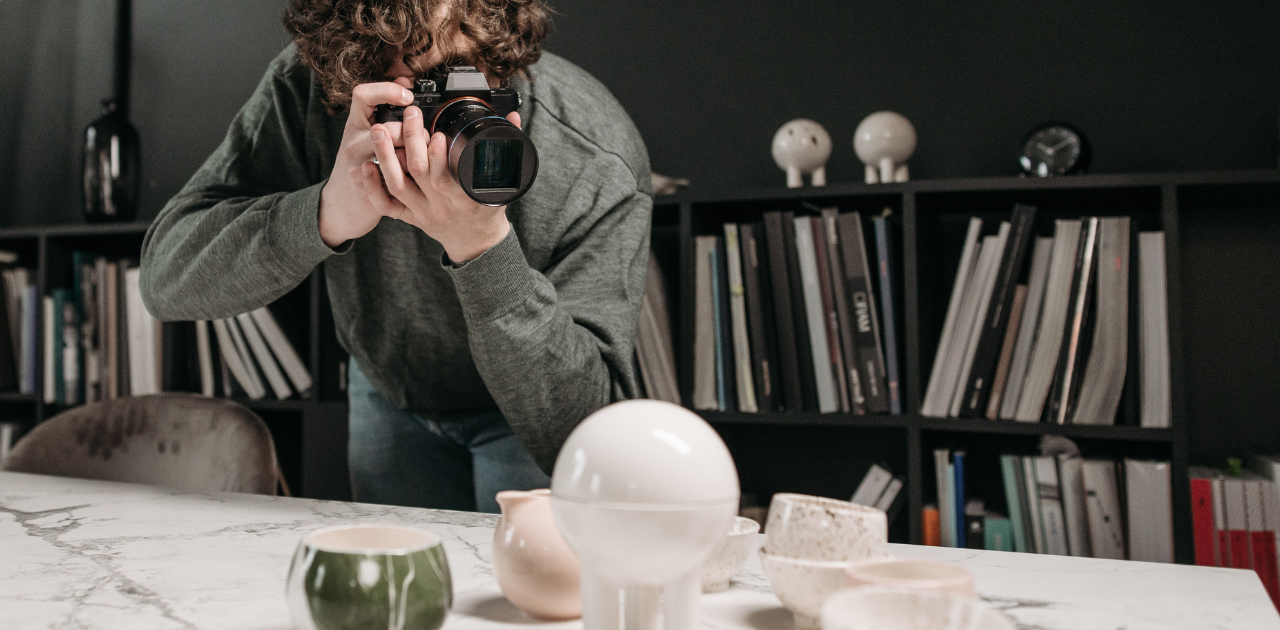Today, almost nothing works without a website and social media channels if you want to be successful in business. Photos in particular make users curious and invite them to linger.
What you need to consider and do before publishing a photo
Above all, you should be careful when making "other people's" photos public, as there are image rights that must be observed!
It's not just larger companies or providers that scour the internet for copyright infringements; more and more individual photographers or other rights holders are also researching images published without permission.
You could quickly be sued for injunctive relief and damages, often even incurring costs for the opposing lawyer or sometimes even a criminal complaint for copyright infringement.
Even if your new website is created by an agency, you should expressly state in the contract that no third-party images will be used without permission to create the website. This is because the operators or owners of a website are liable for ensuring that no copyright-protected images are published there without authorization.
You're on the safe side with licenses
It's better if you have licenses or other proof for the publication of the images used - or you take the photos for your website and social media profiles yourself.
But there are a few things to bear in mind here too.
Especially if you want to use images showing employees or customers. To do this, you need the permission of the people depicted, as such a "publication" always encroaches on the personal rights of the individual. A simple declaration of consent is sufficient, but this should be legally checked.
The company building is also often used for photos. If "non-participating" adjacent buildings in the street scene are included in the photo, this is not harmful, as the so-called "freedom of panorama" applies in Germany. This means that publicly visible buildings may be photographed and the photos can also be used (however, reproductions of the building views (e.g. on postcards or similar) would generally require the architect's consent).
What about photos of other people's products in my online store?
Am I allowed to take and publish photos of products that I want to sell and have not produced myself?
By taking your own photographs of goods you have sold yourself, you create a new work, namely the photograph. This constitutes a so-called "free use". For this reason, such a self-made photo may normally be published for the purpose of sales presentation without the consent of the product manufacturer. However, you are always on the safe side if you obtain the manufacturer's consent.
"Third-party" photographic images of the goods, on the other hand, may not be made available to the public without the manufacturer's permission. As the manufacturers of these goods are naturally interested in selling their products, they often provide image photos. However, their use should also be contractually regulated. Above all, you must ensure that the type of intended use is also approved, as some licenses or contracts are only limited to very specific types of use.
If I hire professional photographers, what do I need to bear in mind?
If you have the photos taken by photographers, it must also be clarified in advance - preferably in writing, of course - that you can use the photos via a license and which rights are transferred to you. If nothing is agreed in writing and the photo is published without being asked (e.g. not only on your website, but perhaps also in your image brochure), you will be required to provide evidence of the transfer of rights - and this is rather difficult without a contract. These contracts must also regulate whether the photo is to be provided with the copyright designation.
And what can I do if my photos suddenly appear on another website?
Your photos are of course also protected by copyright. However, they should have a slightly "artistic" character. If you have thought about how best to present your product (e.g. lighting, arrangement, background), it is an intellectual creation and therefore a protected work.
You are then entitled to injunctive relief and claims for damages.
This is all regulated by law in the Copyright and Related Rights Act (Gesetz über Urheberrecht und verwandte Schutzrechte).
Tip
There are many websites that offer royalty-free or Creative Commons licensed images, such as Shutterstock, Adobe Stock, Unsplash, Burst or Pixabay.But here too, you should pay close attention to the rules for using such images.If you are unsure whether you have understood everything correctly - it is easy for a layperson to misunderstand legal texts - it is better to seek legal advice!
2023-11-16



